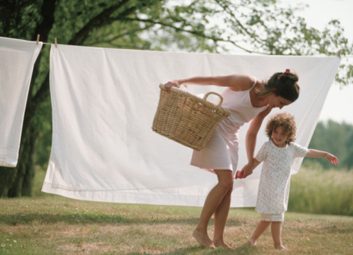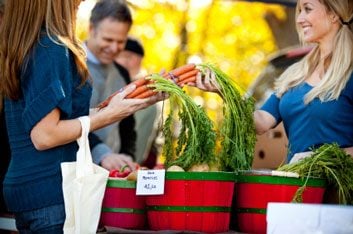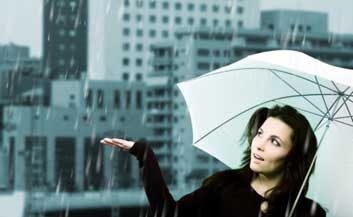
Laundry
When laundry is dried on a clothesline, the fabric can collect pollen. Instead, use a dryer to reduce the presence of allergens.

Farmer’s market
Sniffling and sneezing may occur after you eat raw or fresh fruits. Called oral allergy syndrome, this condition occurs when your immune system sees a similarity between the proteins of pollen and those of the food, and triggers a reaction. If you are allergic to tree pollen, for example, foods like apples, cherries, pears, apricots, kiwis, oranges, plums, almonds, hazelnuts and walnuts may bother you. Cooking or peeling the food may help.

Soccer games
Pollen and mold settles on the pitch and when players run around, it kicks up dirt and allergens. Carry some allergy medication with you and take it before the match.

Stormy weather
Gentle rains can, indeed, wash away pollen. But thunderstorms draw pollen up into the air. Be prepared for the pollen and mold count to increase after a storm.

Barbecues
Grills can produce smoke that contains allergens. And what’s worse: such smoke can also alter your immune system, making you more vulnerable to allergies.

Cycling and jogging
Fumes from cars and trucks can combine with pollen to embed in your lungs. This can be worse on hot and humid days – so don’t head out until the sun sets and the traffic settles.
Related:
• 7 surprising ways to overcome allergy triggers
• The worst Canadian cities for allergies
• 7 ways to fight allergies naturally
